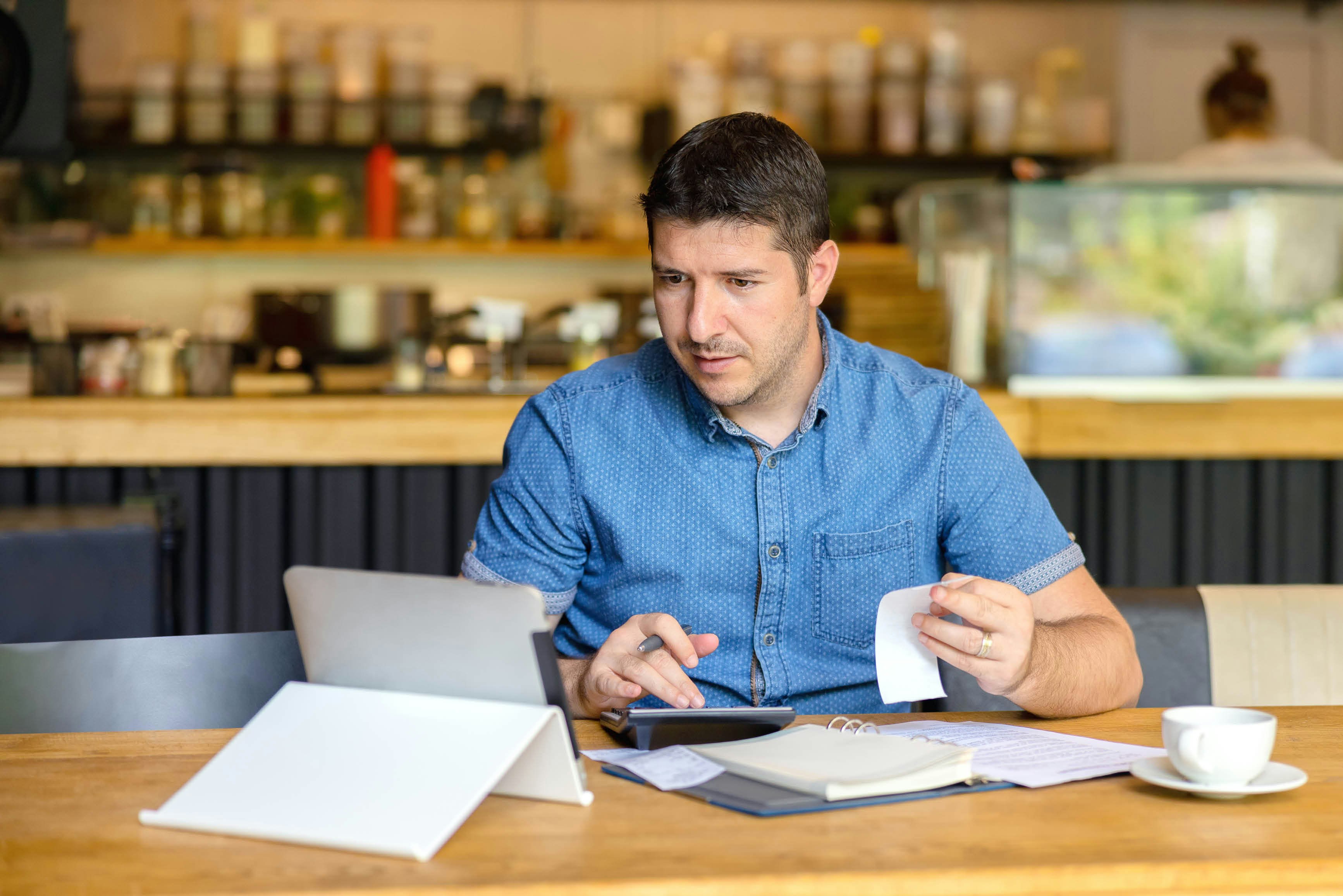By Diana Sykes
I have over 30 years’ experience in business management and marketing and have never had to manage anything quite like COVID-19.
I own Marketing Methods P/L, a marketing consultancy and training company, and Bandalong Cottages, self-contained accommodation six minutes from Mudgee.
When the pandemic broke out, I immediately lost 100% of income from my two businesses.
My marketing role mostly involves travel Australia–wide. When airlines and borders closed, my clients stopped engagement until further notice. As time moved forward, my contractors were asking for an indication of when travel would resume. There is still a bit of a question mark over that, depending on the destination.
With the accommodation business, the 2019/early 2020 bushfires saw many cancellations. Then COVID-19 saw a complete cancellation of all future bookings. This is only starting to pick up a bit now.
How we’ve spent the downtime
Weirdly, there is some comfort knowing we can only do so much and we’re all in a similar boat.
We are thankful for the government stimulus package and this has enabled us to put our attention back into the business. We’ve been busy doing research in readiness for a return to business. Currently, we are focussed on continuous improvement. We are keeping abreast of industry activity and responses, and monitoring competitors. We’re developing new products and keeping an open dialogue with customers and clients.
We’ve also been busy maintaining and improving our accommodation business infrastructure, grounds and gardens.
Personally, I’ve been catching up on sleep and getting lots of physical work done around the property. Keeping focussed on the ‘to-do list’ has been the key!
The best and the worst thing
The best thing about running a small business is the control of your product and deliverables – although COVID-19 has tested this somewhat. Even so, I relish the responsibility for generating income/sales and determining the business’s direction.
The worst thing is keeping up with the constantly changing contexts intrinsic to my business, like social media, legislation, tax laws and technical skills. Wading through this information takes a lot of time. You have to know a lot and if it’s outside of your skillset, you also have to rely on others.
Great community of like-minded people
I am lucky that I am in a region full of flexible, innovative entrepreneurs who are business-community minded and keen to share ideas. Creativity and collaboration are easy in this space.
Advice for other small businesses
Cashflow is king/queen in any business so monitoring expenses and keeping an eye on the balance sheet is super important. Don’t go into small business unless you are prepared to spend some of your own money. Try to always have three-plus months of expenses in your bank account so you have a buffer when needed. Monitor ways to reduce your outgoing costs. Since good staff are worth their weight in gold, do everything you can to bring them along with you, and keep them in the loop whatever happens.
Finally, some advice that might seem counter-intuitive. Always have your business ready for sale. That way you and your business present well at short notice, and you keep your product and service fresh. Keep your eye on the market, and have a point in time when you know it’s time to invest or close your business.
You’ve got to be prepared to:
- weather the storm;
- invest more into it; or
- close the business knowing you had a go.
Every experience in business teaches you something.
This blog piece was contributed by our partners from the Centre for Rural and Remote Mental Health, as part of their work with Everymind and on their Wellbeing in Rural Small Business project.




